Summary of 12 days:
Firstly, the differences made before and after the module:
BEFORE:
These platforms held all of my online communications and information shared over the recent years. Other than Twitter, my Facebook and Instagram accounts were opened and discoverable by all. In other words, my privacy settings were weak – and I was fine with it.
When told to rank my experience and level of digital literacy, these were my results (1-low, 5-high):
AFTER:
New accounts created!
Here’s how I evaluated myself at the end of the module:
WHAT HAPPENED?
Having done research and had discussions with some of my peers, the topic of privacy and authenticity online attracted my attention, and I have since made changes/enhanced my online profiles/identities. I’ll be honest, I really didn’t care about it at all in the past.
Despite the disadvantages, I’m still going to have more than 1 online identity. Hence, I’ve created a new (and opened) Twitter account for work purposes. (Follow me @jeanneccy!) I’ve also adjusted my Facebook and Instagram profiles to a stronger privacy setting, with the intentions of filtering out unnecessary accounts following me. I will not remove or attempt to put a “professional” side to these accounts as these are my private accounts and I wish for them to stay this way.
And yes, I finally have a LinkedIn account. I never explored it in the past as I have yet to see for myself how powerful it is. (I’ve always thought it was just a “professional Facebook”) It was until recently when my peers started reinforcing how it helps for employability in future, I decided to give it a shot and explore its functions.
Obviously, I now regret not starting earlier. It is indeed an effective platform for displaying your professional profile. Hence, my plan is to connect with as many people as I know, give good recommendations to those I’ve worked with, and join groups that I’m interested in. I also plan on being more active by participating in discussions and share my thoughts on a topic whenever possible.
As I have an interest in digital art, I look forward to creating more and sharing these materials online with the help of Creative Commons, or even better, be able to collaborate with others. From the previous exercises of commenting on each other’s blogs, tweeting each other, and following certain professionals on Twitter, I’ve learned so much and realized the importance of sharing! Besides that, I secretly love the interesting debates I see as there is so much insights and creative ways of looking at a specific topic.
Lastly, I’ll continue to develop my professional online profile. I plan to share interesting facts or strategies learned in future (modules) here and in my other social media accounts.
Follow me if you’re interested in joining my journey!
(498 words)
Credits:
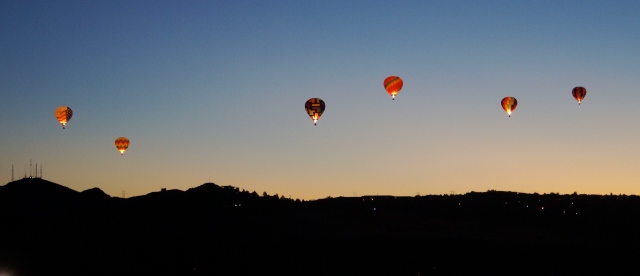
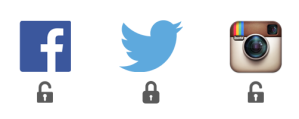
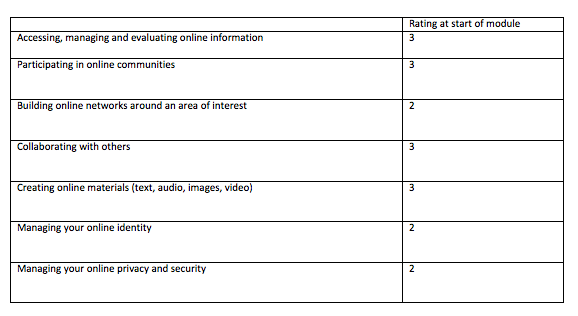

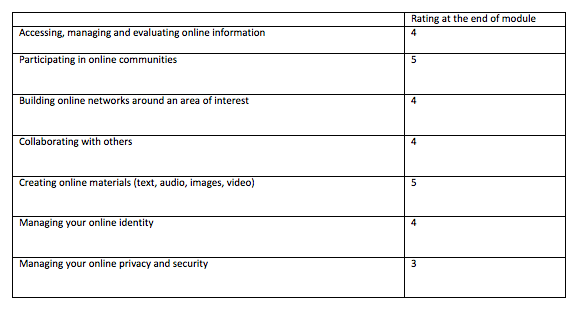




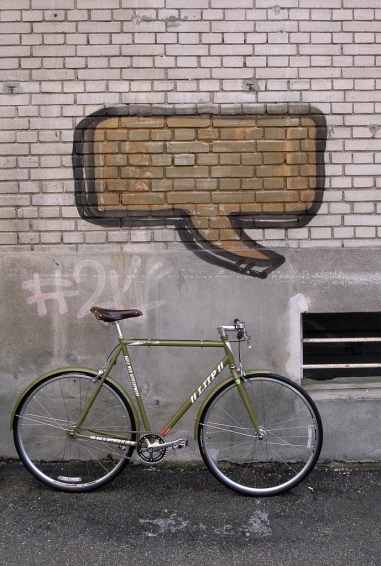
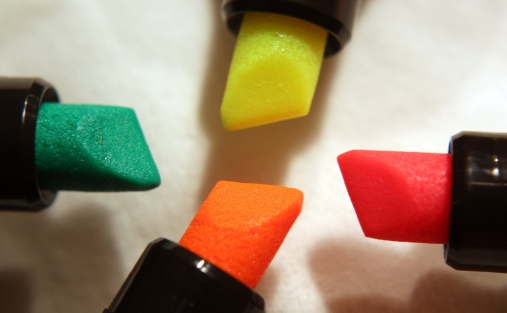
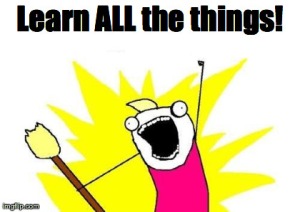
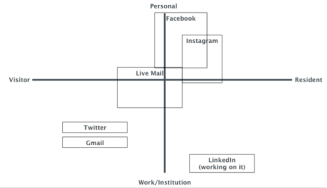
 What about you? What would your map look like?
What about you? What would your map look like?